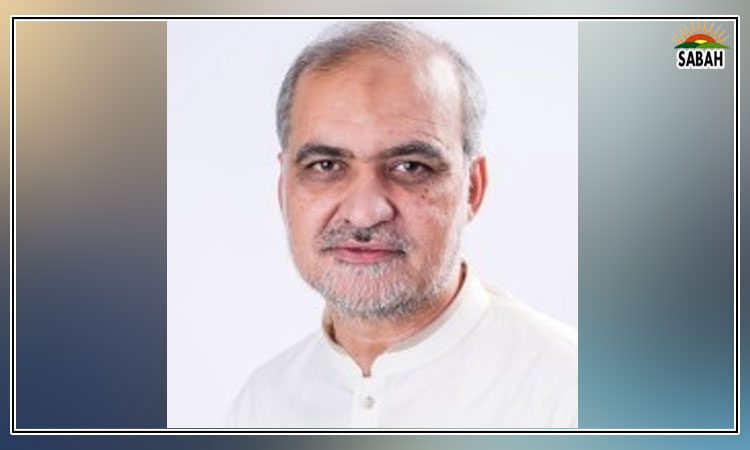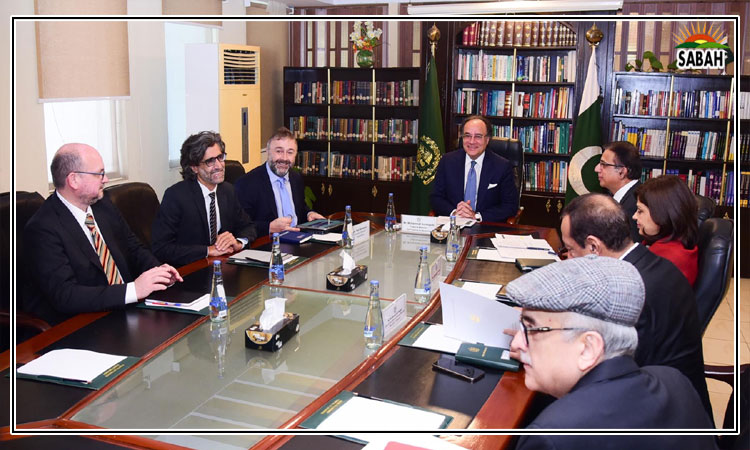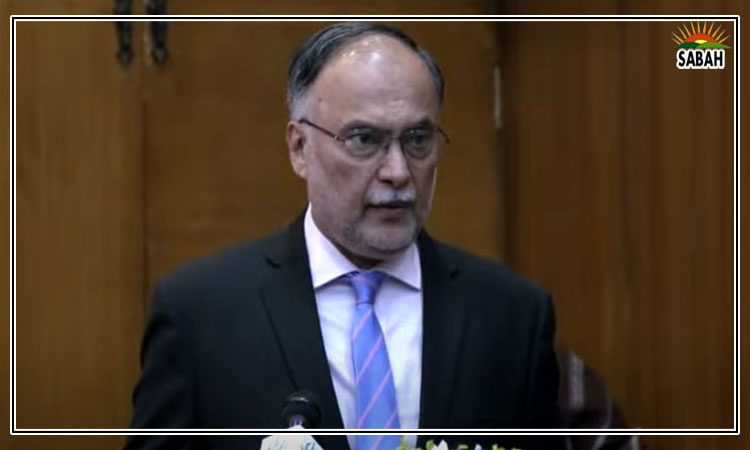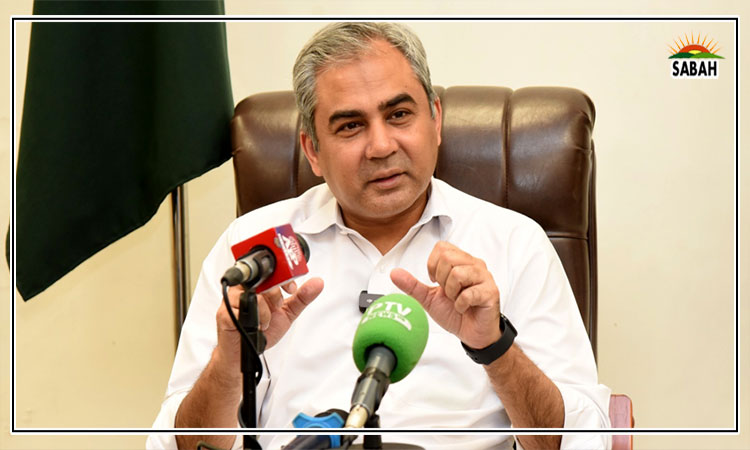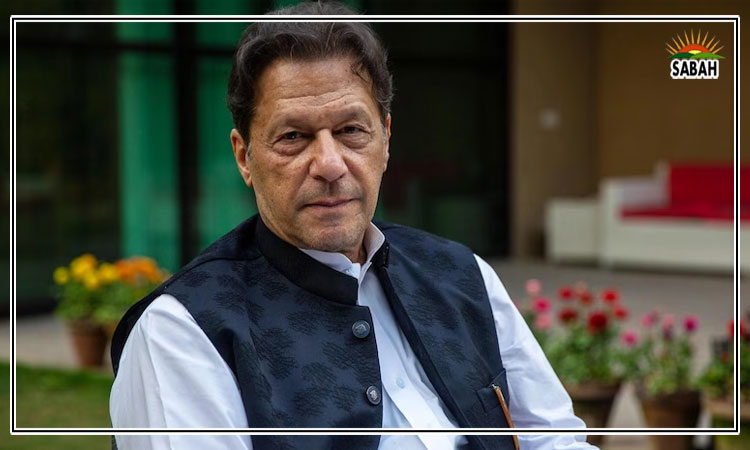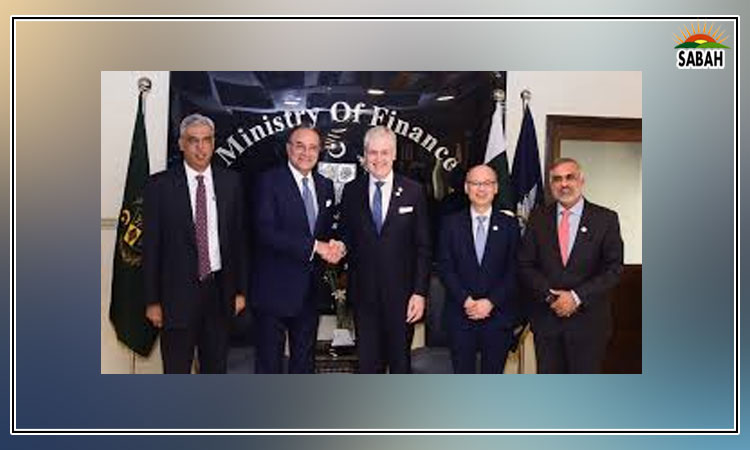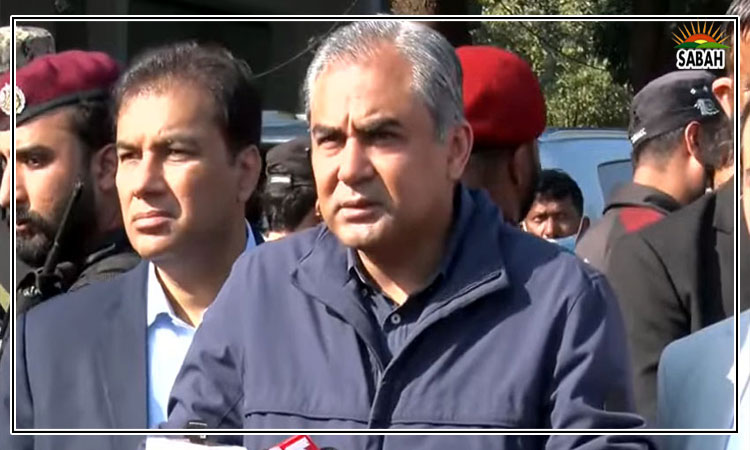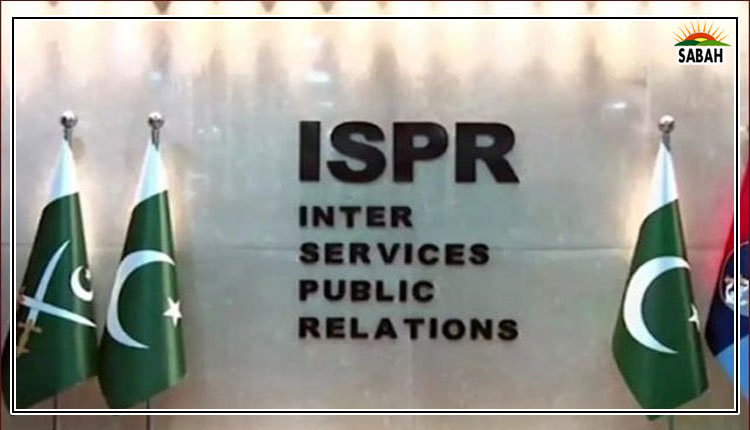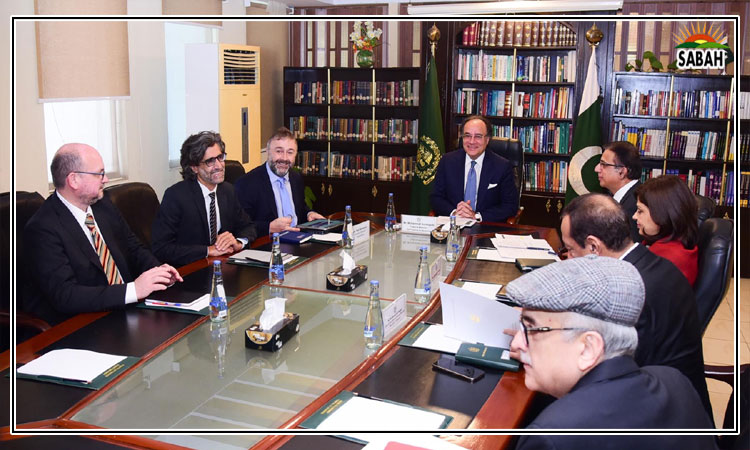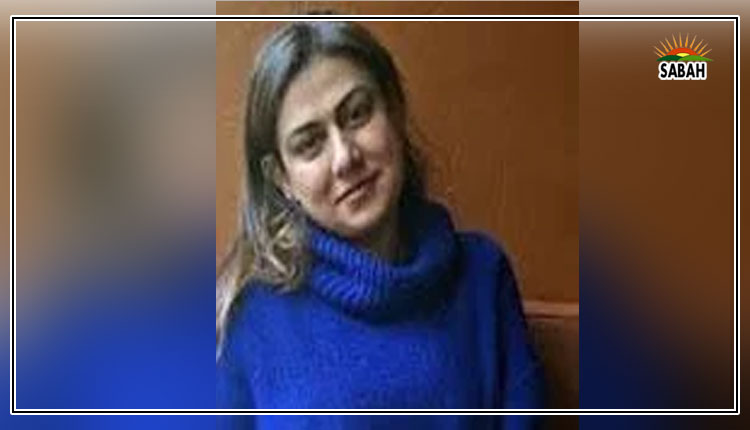What is the lot of citizens?…Aasiya Riaz
The storm blowing up in Pakistan after the May 9 violence has not broken just yet. If anything, its severity has gathered speed. Instead of weathering the storm, the most popular political party in Pakistan has nearly fragmented to bits. Most of the partys top-tier leadership has deserted the party leader citing similar, choreographed reasons.
Even though Pakistanis have witnessed such forced splintering of political parties before which should weigh heavy on every heart, the deserters are being mocked for showing lack of mettle to withstand the trials and tribulations of incarceration.
The party loyalists, its being argued, should have shown resilience in the face of pressure. They cracked facing the prospects of a hot summer in jail cells, it is said. Politicians should be made of sterner stuff, the arguing experts say. Examples are given of leaders from other parties that languished behind bars much longer but chose not to give in.
If the line of argument of the mockers is pursued, what are politicians in Pakistan supposed to be? Hardened criminals who should be prepared for such treatment? Should politics be left only as a domain of gangsters? Is politics a field where only those citizens enter that do not care about fundamental human dignity or the sanctity of life, liberty, body, reputation, property, home and family?
By this argument, no dignified individual should join politics as a vocation. With such a large majority of youth in our population, are we even sure of the message and the lessons that are being offered here? We should look around and ask ourselves whether joining politics is deemed a threat in other democracies. Do politicians in other democracies under rule of law ever even worry they might suffer state oppression for their political views? At the very least, are we able to decipher the conflicting standards, and aspirations that we have attached to the political sphere as such a fundamental field for the present and future of the country?
Apparently, however, there is little thought behind what is said and in what day and time. Not that it was kosher in the 1970s and 80s and 90s and onwards to 2022 to intimidate, jail and harass political leaders, followers, sympathisers or even professional associates for personalised power gains, but why are we not deeply disturbed even in 2023 at the indiscriminate might being used against leaders, supporters and sympathisers of a party? Have we had selective amnesia as a nation, or have we become so desensitised that we are not able to recognise and reproach repression?
There is no disagreement on the scale of horrors witnessed on May 9. Nor is there any argument against absolute application of laws on perpetrators of the May 9 violence who attacked and vandalised military installations. That the riots were politically motivated has been all but admitted by the PTI chairman who has said that the manner of his arrest would have sparked such a reaction from the PTI. Though unlike a gracious leader, he has distanced himself from the incidents by saying that it was not him who ever made the threat of being the partys red line. I didnt make the threat; its the workers and party members, as he claimed.
Alongside the nuanced, conflicting statements emanating from him and his erstwhile top leaders on whodunit, Mr Khan has also asked for an independent inquiry of the incidents of violence repeatedly. His statements reflect that he does not trust the inquiries being conducted by the police around the country. Though, as usual, he does not specify what would qualify as independent inquiry for him. His track-record of earlier positions shows that he is very adept at changing the goalposts as he pleases.
He has incited violence before but blatantly denies it. He wants an election but walks out of an agreed date with the coalition government just days before the current quagmire PTI is in. He insists on free and fair election but criticizes the Election Commission of Pakistan, despite winning a majority of by-elections after being ousted from power. He could be sanguine for years coining the same page mantra but could change tack just as easily to target the establishment for running his government.
Mr Khan now wants only to have a dialogue with the current leadership for support to be back in power just as he maligns and lashes out at it publicly without taking into account the terrible ramifications of doing so for the countrys security. To get his narrative any traction, he is ruthless enough to cast aside his long-time lieutenants and of crying wolf globally even if it requires stooping as low as making up assault charges for both his male and female supporters.
From any principled perspective based on rule of law, it is hard to make sense, keep track and condone what he says from one moment to another. Only when his grand and populist narrative is put through a fine sieve, what comes out distinctly is his ambition for personal gain and longevity in unbridled power.
The stark reality is that obedience to the constitution and regard for rule of law is not right up the alley for the other side too whose playbook has made many earlier political ambitions like Mr Khans bite the dust. Now his lust for personal power and splendid miscalculations in the process have unleashed another chain reaction that has pushed Pakistan farther away from consolidation of democracy and of constitutional rights and liberties.
In this power showdown thrust upon the country, what is the lot of citizens who believe in the dream of democracy and of good governance in Pakistan? Who worship and work for the ideals of rights and liberties, responsibility and commitment to rule of law and equity, of a constitutional equation of inter-institutional relations and elected assemblies and elected political governments to be the final arbiter on policies and decision-making in Pakistan? As bleak as it looked in 1977, 1979, 1999, 2007 and at many more occasions.
But does it have to be? Can sanity prevail and we can hold a free and fair general election to allow genuine political process to continue, course-correct and reform with active interest and oversight of citizens in the democratic process?
Courtesy The News


